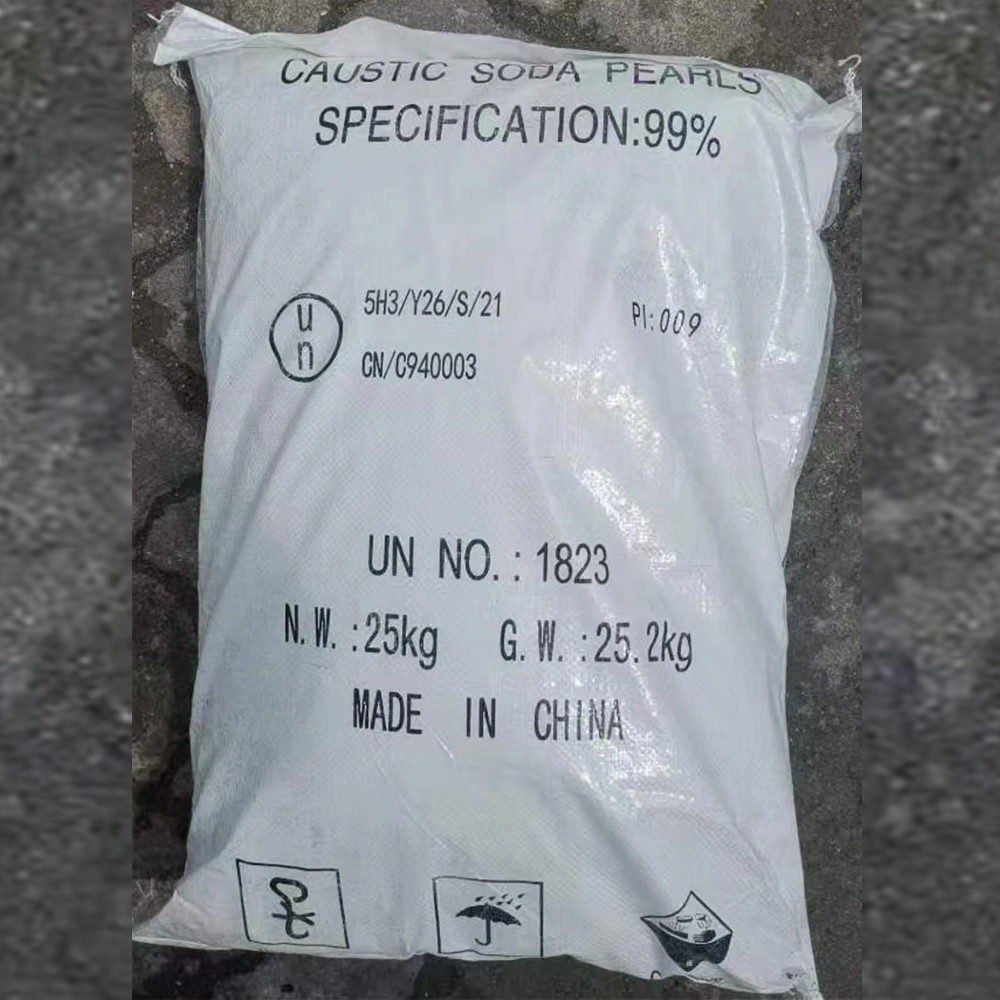



manganese sulphate fertilizer
The Importance of Manganese Sulphate Fertilizer in Agriculture
Manganese sulphate, a vital micronutrient fertilizer, is essential for supporting healthy plant growth and enhancing agricultural productivity. Despite being a requirement in small quantities, manganese plays a crucial role in various physiological processes within plants, making it an indispensable component of modern agriculture. This article delves into the significance, benefits, application methods, and potential drawbacks of manganese sulphate as a fertilizer.
The Role of Manganese in Plant Development
Manganese (Mn) is a vital micronutrient that participates in several essential functions in plants. It is involved in photosynthesis, respiration, and nitrogen assimilation. In the photosynthesis process, manganese aids in the water-splitting reaction, which is crucial for oxygen release. Furthermore, it acts as an activator for various enzymes, which promote metabolic processes that drive overall plant growth and crop yield.
A deficiency in manganese can lead to significant issues. Symptoms include interveinal chlorosis (yellowing between leaf veins), reduced growth, and in severe cases, crop failure. Thus, ensuring an adequate supply of manganese is critical for optimal plant health.
Benefits of Manganese Sulphate Fertilizer
1. Correcting Deficiencies Manganese sulphate is widely used to correct manganese deficiencies in soil. Soils that are alkaline, waterlogged, or have high levels of organic matter often exhibit low available manganese. Applying manganese sulphate directly to these soils can help restore balance, resulting in healthier crops.
2. Enhancing Crop Yields With the correction of manganese deficiency, plants are better equipped to perform photosynthesis and metabolic functions efficiently, leading to improved growth rates and increased crop yields. This improvement can be particularly significant in high-demand crops such as soybeans and corn, which are sensitive to micronutrient availability.
3. Improving Soil Health Manganese sulphate not only provides manganese but also contributes to the overall health of the soil. It can help develop soil structure, improve aeration, and enhance microbial activity. Such benefits foster a balanced ecosystem in the soil, promoting sustainable agricultural practices.
manganese sulphate fertilizer

4. Versatile Application Manganese sulphate can be applied in various forms, including foliar sprays, soil applications, and integrated into fertilizer blends. This versatility allows farmers to use it in a way that best suits their crop needs and soil conditions.
Application Methods
When applying manganese sulphate, timing and method are crucial for ensuring its effectiveness. Foliar applications are often best performed during the early growth stages of crops, particularly when visual signs of deficiency appear. Soil applications can be carried out during planting or as a side-dress during the growing season to maintain adequate levels of manganese in the soil.
The recommended application rate can vary based on soil tests and crop requirements. Generally, a thorough soil analysis is advised to determine the initial manganese content and tailor the application accordingly. Over-application can lead to toxicity, emphasizing the need for careful soil management practices.
Potential Drawbacks
While manganese sulphate is beneficial, some potential drawbacks should not be overlooked. Overuse can lead to soil toxicity, which may affect plant growth negatively. Excess manganese can interfere with the uptake of other essential nutrients, such as iron and calcium, leading to mineral imbalances in the plant.
Furthermore, relying solely on manganese sulphate for micronutrient supply can create a dependency and distract from broader soil health strategies. Sustainable agriculture practices should focus on the holistic management of soil fertility, incorporating organic matter amendments and crop rotation to enhance the nutrient profile naturally.
Conclusion
Manganese sulphate fertilizer plays a vital role in modern agriculture by ensuring adequate manganese supply for crops. Its benefits include correcting deficiencies, boosting crop yields, and improving soil health. However, balanced and responsible usage remains critical to maximize benefits while minimizing risks. Through informed applications and comprehensive soil management practices, farmers can harness the full potential of manganese sulphate, leading to sustainable and productive agricultural systems.
-
Why Sodium Persulfate Is Everywhere NowNewsJul.07,2025
-
Why Polyacrylamide Is in High DemandNewsJul.07,2025
-
Understanding Paint Chemicals and Their ApplicationsNewsJul.07,2025
-
Smart Use Of Mining ChemicalsNewsJul.07,2025
-
Practical Uses of Potassium MonopersulfateNewsJul.07,2025
-
Agrochemicals In Real FarmingNewsJul.07,2025
-
Sodium Chlorite Hot UsesNewsJul.01,2025










